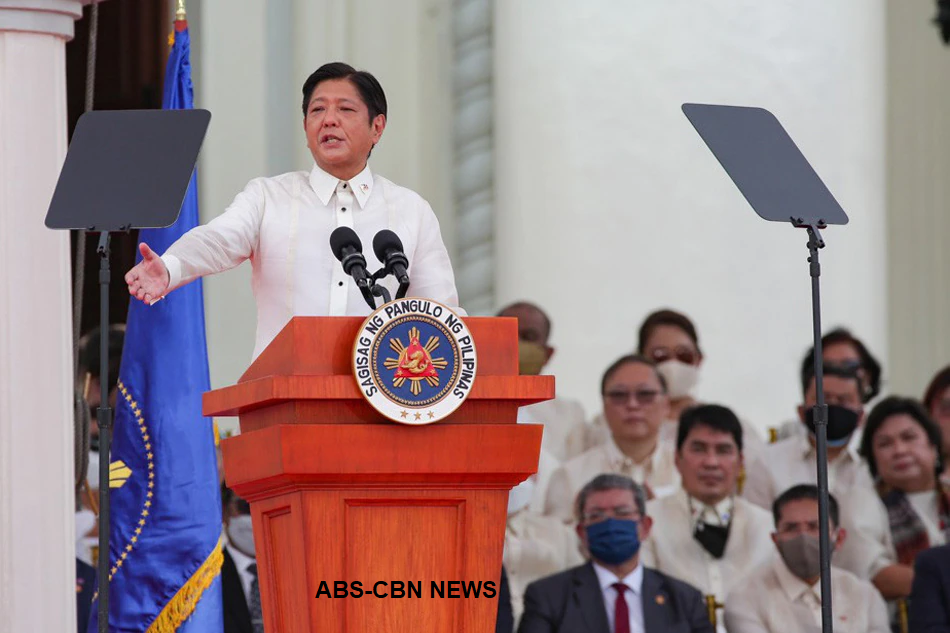
In power for the next six years, the Marcos Jr. regime faces multiple socio-economic, political and human rights crises, inherited from the violent, inept leadership of Rodrigo Duterte. The P12.03 trillion national debt alone poses a considerable hurdle to addressing the urgent need for economic recovery and effective pandemic response, amidst skyrocketing prices of oil and basic goods.
President Marcos Jr. said food sufficiency will be a priority of his administration. His campaign promises included a 20 Peso price tag for rice. Digital infrastructure, alternative energy sources and Duterte’s build, build, build program are likewise in his list. Based on the appointment of his economic team and some cabinet members, Marcos expects to continue implementing the existing development framework of his predecessors, which favor corporate driven programs pushed by economic liberalization. However it is the same development model which resulted in chronic poverty, injustice and human rights violations in the country.
At least for the first 100 days of President Marcos Jr. changes in the country’s dire human rights situation require immediate steps to improve the status of livelihoods, protect agricultural land use and natural resources, adopt responsive climate and pandemic actions, address graft and corruption, attacks on the free press, shrinking democratic spaces and the people’s demand for justice and accountability.
Charges of crimes against humanity at the International Criminal Court hound the former President and this must be quickly resolved by committing the government’s full cooperation with the Court. The UN Joint Programme on human rights should be actively engaged. Likewise a commitment to an independent National Human Rights Institution must have an appointment process which complies with international standards and processes.
If the path to an inclusive, participatory and effective governance is to be realized, the relentless assault and judicial harassment against independent media and human rights defenders must stop. Democracy can only thrive amid healthy and principled discourse. The call for the freedom of former Senator Leila de Lima has long been made by human rights advocates and the international community and should be acted upon fairly based on recent developments involving so-called key witnesses. Other political detainees must also be freed such as Barangay Chairperson and land rights defender Apung Tony Tolentino in Pampanga.
Finally, reconciling a deeply divided population and achieving national unity towards bold approaches to the country’s critical ills require that widespread disinformation is seriously addressed and that critical voices are strengthened, not persecuted. A strong nation only hinges upon an empowered people who actively contribute to their own development and are supported by a government who holds the dignity of life, social justice and accountability in the highest regard.





